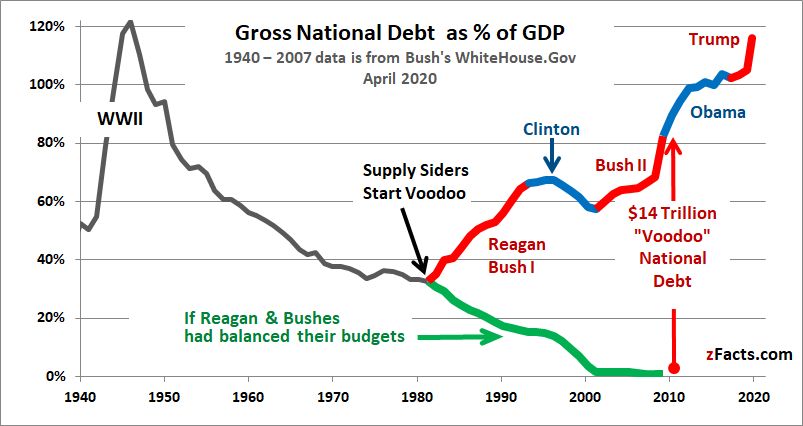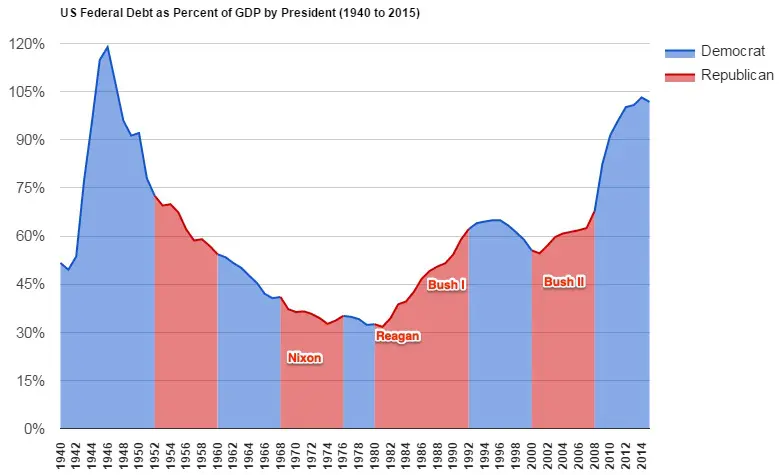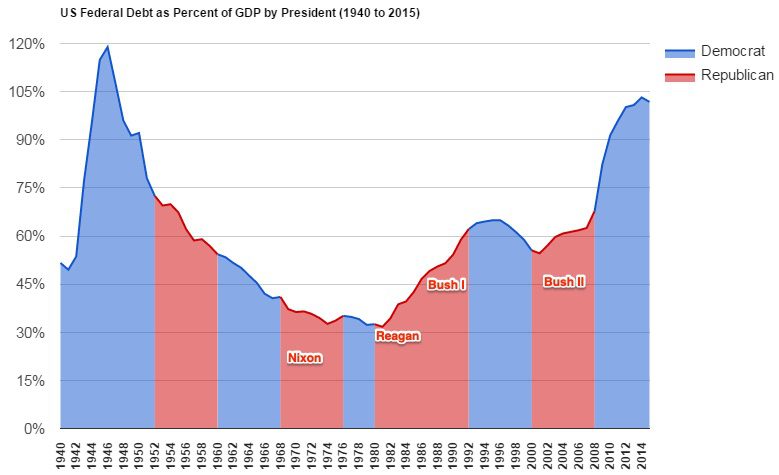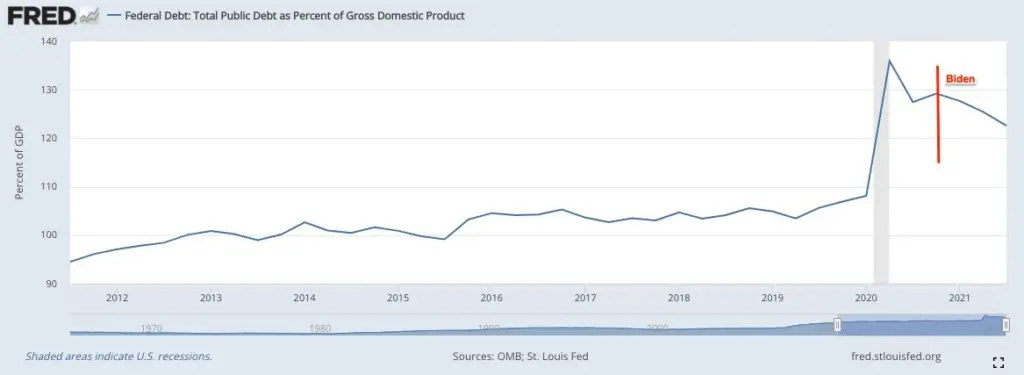What is fascism? Fascism is a far-right political ideology that emerged in the early 20th century, primarily in Italy under Benito Mussolini. It advocates for a centralized, authoritarian government, often led by a dictatorial figure, and places a strong emphasis on nationalism and, sometimes, racial purity. Fascism rejects liberal democracy, socialism, and communism, instead promoting a form of radical authoritarian ultranationalism. It often involves the suppression of dissent, the glorification of war and violence, and the demonization of perceived enemies, whether they be internal or external.
Historical context of fascism
Fascism gained prominence in the aftermath of World War I, a period marked by social upheaval, economic instability, and a crisis of traditional values. Mussolini’s Italy was the birthplace of fascism, but the ideology found its most extreme and devastating expression in Nazi Germany under Adolf Hitler. The Holocaust, the invasion of multiple countries, and the atrocities committed during World War II, including genocide, are dark chapters directly associated with fascist ideology. After the war, fascism was discredited but not eradicated. Various forms of neo-fascism, far-right, and alt-right ideologies have emerged in different parts of the world, although they often avoid the label of “fascism” due to its historical baggage.
Psychology of adherents
Understanding the psychology of those who adhere to fascist ideologies can be challenging but is crucial for a comprehensive view. Several factors contribute to the appeal of fascism:
- Social Identity: People often gravitate towards ideologies that offer a strong sense of community and identity. Fascism’s emphasis on nationalism and often ethnocentrism can be attractive to those feeling alienated or marginalized.
- Economic Insecurity: Fascism often gains traction during times of economic uncertainty. The promise of stability and prosperity can be enticing to those who feel left behind by other political systems.
- Fear and Prejudice: Fascist ideologies often exploit existing prejudices, whether they be racial (like white nationalism), religious (like Christian nationalism), or otherwise, to create an “us versus them” mentality.
- Desire for Order: The authoritarian nature of fascism can appeal to those who value social order and are willing to trade off democratic freedoms for promised or perceived safety and stability.
- Charismatic Leadership: Fascist movements often rely on charismatic leaders who can galvanize public sentiment and offer simplistic solutions to complex problems. So do cults.
What is fascism? Fascism is a far-right ideology that has had a profound impact on global history and continues to exist in various forms today. Its appeal lies in its ability to offer simple solutions to complex problems, often at the expense of individual freedoms and ethical considerations. Understanding the historical and psychological factors that contribute to the rise of fascism is crucial for recognizing and combating it in the modern world — where it is once again on the rise.
Be sure to get familiar with the signs of fascism.









